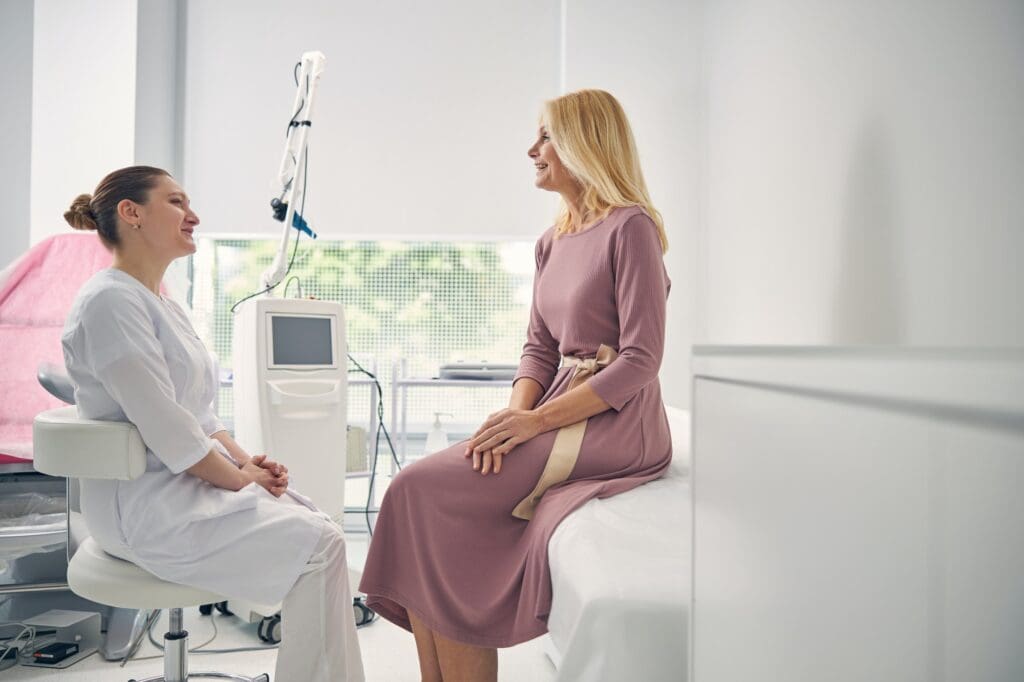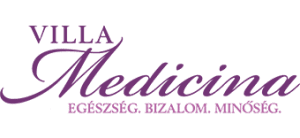
Oncological Medicine - Trucheck questions
What types of tumors can the Trucheck™ Intelli test detect?
The Trucheck™ Intelli test has been validated to detect approximately 70 different types of malignant tumors. It can detect the following groups:
- Adenocarcinomas: for example, breast, colon, lung, ovarian, prostate, stomach, pancreatic, and uterine cancers
- Adenosquamous carcinoma: mainly in the esophagus, gallbladder, and lungs
- Central nervous system tumors: e.g. glioblastoma, astrocytoma
- Gastrointestinalis stromalis tumorok (GIST): a gyomor-bél rendszer különböző szakaszain
- Melanoma: pigmented tumor that appears on the skin or mucous membranes
- Mesothelioma: rare tumors affecting the pleura or peritoneum
- Neuroendocrine tumors (NET): e.g. in the pancreas, lung, colon
- Squamous cell carcinoma (SCC): in many areas, e.g. cervix, lips, skin, lungs, pharynx, esophagus
- Transitional cell carcinoma (TCC): e.g. in the bladder, renal pelvis
Is there an age limit for taking the Trucheck™ test?
Yes. The test is recommended for people between the ages of 40 and 70, as the risk of cancer increases at this age.
An exception may be madeif you:
- Between 35 and 40 years old, and…
- Known family history of cancer or genetic predisposition
- There is a suspicion of a hereditary predisposition to cancer
- She is overweight and has type 2 diabetes.
- Infected with HPV, hepatitis B or C
- She was exposed to carcinogens over the long term
What are the benefits of the Trucheck™ test?
- Simplicity: only one blood sample is required – painless, fast, convenient.
- Early detection: can indicate the presence of a tumor even in the earliest stages.
- Comprehensive screening: capable of detecting multiple types of cancer simultaneously.
- Innovative technology: detects circulating tumor cells (CTCs) themselves, not just their traces.
- Complements existing screenings: it can also help detect tumors for which there is currently no routine screening.
What risks should be considered?
- Emotional burden: a positive result can cause psychological stress – even if no cancer is later confirmed.
- Does not replace traditional screenings: the test does not replace currently recommended screenings (e.g. mammography, colonoscopy).
- Possibility of false results: false positive or false negative results may occur, therefore any positive findings require further confirmatory testing.
What can I expect after the examination?
- A complex, highly sensitive screening test, which can detect even the earliest changes.
- Further steps if necessary: in the event of a positive result, imaging or histological sampling (biopsy) may be necessary for an accurate diagnosis, based on the recommendation of our oncologist.
- Help with prevention: even in the event of a negative result, it is important to reduce risks – for example, by avoiding smoking and leading a healthy lifestyle.
What is the Trucheck™ test NOT suitable for?
It does not replace regular, recommended cancer screenings.
Does not provide a definitive diagnosis – in case of a positive result, further tests are required
Does not reduce the risk of cancer on its own
Not 100% accurate – like all screening tests, this one carries uncertainties
How is the investigation conducted?
If the need for early tumor screening using the Trucheck test arises during your Villa Medicina appointment, the staff of Istenhegyi Géndiagnosztika will contact you directly based on the Patient's data (name, e-mail address, phone number).
After that, a consultation appointment specifically for the Trucheck test will be arranged with you. During the consultation, an oncologist will explain in detail the procedure, purpose, limitations and expected results of the test. The consultation fee is 35,000 HUF, which must be paid directly to Istenhegyi Géndiagnosztika.
The Trucheck test is a special blood test that can detect the presence of cancer cells. The test can only be performed at Istenhegyi Géndiagnosztika, as the sample requires immediate and strictly controlled transportation.
Therefore, Trucheck consultations are only held on Wednesdays, in the morning hours - the sample is taken on an empty stomach, following the consultation, on the same day.
You will receive detailed information about the time of completion of the results and further steps during the consultation.
